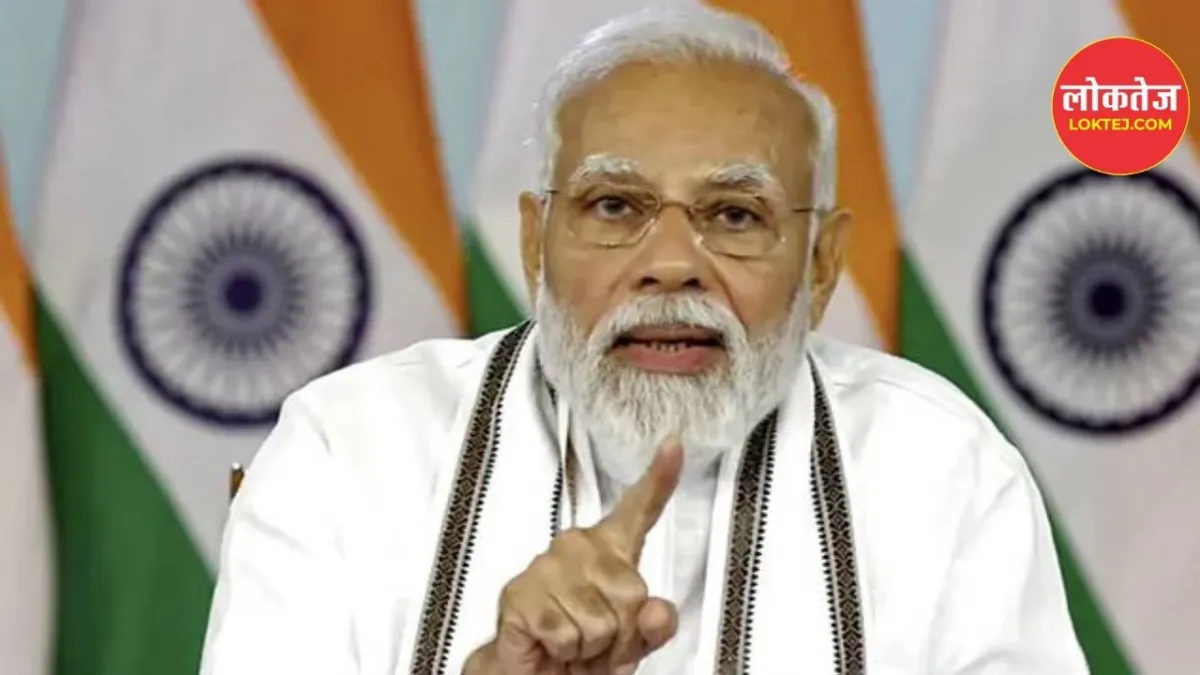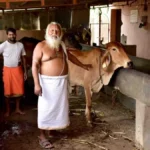Prime Minister Narendra Modi will launch the ‘Healthy Women, Empowered Family Campaign’ and the 8th ‘Nutrition Month’ on September 17, which will be a historic step towards strengthening healthcare and nutrition services for women, adolescents, and children.
This initiative is being led jointly by the Ministry of Health and Family Welfare (MOHFW) and the Ministry of Women and Child Development (MOWCD).
According to the statement, MOHFW will promote the delivery of preventive, promotional, and curative health services through health camps and facilities across the country, while MOWCD will integrate Nutrition Month activities with the campaign, organize women and adolescents through Anganwadi centers, and lead large-scale nutrition counseling and recipe demonstrations.
It stated that both ministries will also jointly run awareness campaigns on anemia prevention, balanced diet, and menstrual hygiene to ensure that the health and nutritional needs of women and adolescents are met in a holistic and integrated manner.
The ‘Healthy Women, Empowered Family Campaign’ aims to advance the Prime Minister’s vision of health, nutrition, wellness, and a developed India by 2047. This nationwide intensive campaign aims to provide women-centered preventive, promotional, and curative health services at the community level.
The statement said that it will strengthen screening, early identification, and treatment linkages for non-communicable diseases, anemia, tuberculosis, and sickle cell disease, while also promoting maternal, infant, and adolescent health through prenatal care, immunization, nutrition, menstrual hygiene, lifestyle, and mental health awareness activities.
According to the statement, the campaign will also inspire communities to adopt healthy lifestyles, with special emphasis on obesity prevention, improved nutrition, and voluntary blood donation.
The campaign will be held from September 17 to October 2, 2025, at Ayushman Arogya Mandirs, Community Health Centers (CHCs), district hospitals, and other government health centers across the country.
It stated that over one lakh health camps will be organized, making it the largest health campaign for women and children in the country to date.
According to the statement, health camps will be organized daily at all government health facilities across the country.
Specialist services, including gynecology, pediatrics, eye, ENT, dental, dermatology, and psychiatry, will be made available through medical colleges, district hospitals, central government institutions, and private hospitals.
According to the statement, central government institutions such as AIIMS, defense and railway hospitals, ESIC hospitals, CGHS centers, and Institutions of National Importance (INI) will contribute to these efforts and ensure specialist services and continuous care to the last mile. Many private sector health facilities have also offered to support this initiative. This is expected to expand the scale, quality, and reach of the initiative.
The Ministry of Rural Development and the Ministry of Panchayati Raj will organize women through self-help groups and Panchayati Raj institutions.
The Ministry of Education will coordinate with schools and higher education institutions. The Ministry of Tribal Affairs will help reach tribal communities. The Department of Empowerment of Persons with Disabilities under the Ministry of Social Justice and Empowerment will also provide assistance regarding persons with disabilities.
Additionally, the Ministries of Defense, Railways, Labour and Employment, AYUSH, Heavy Industries, Home Affairs, and others will organize health camps at their respective medical institutions.






